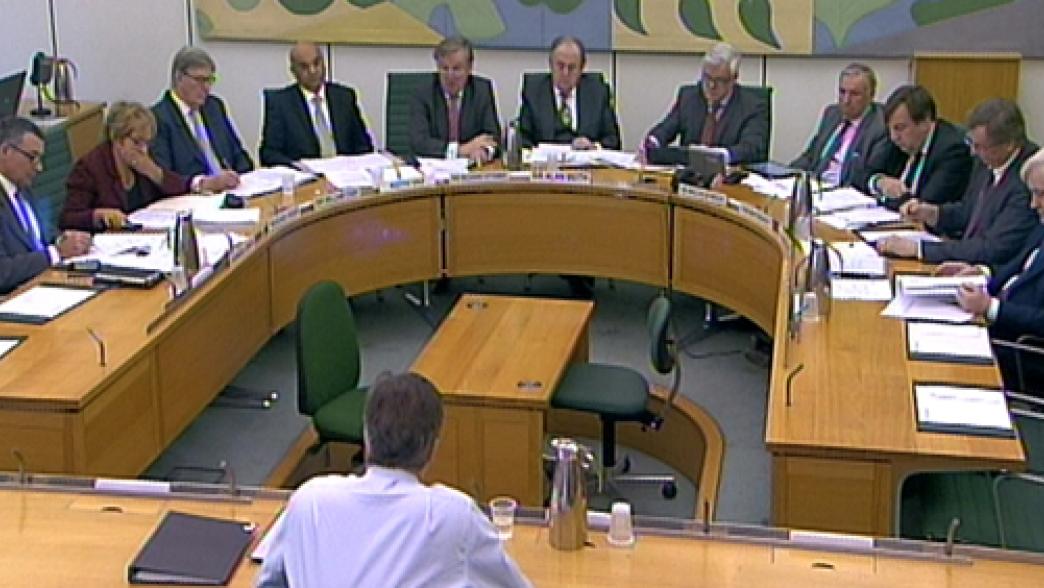Select committees under scrutiny: The impact of parliamentary committee inquiries on government
The research in this report examines the relationship between select committee inquiries and their impact on government during the last parliament.

The research in this report examines the relationship between select committee inquiries and their impact on government during the last parliament.

Almost a third of UK regulators have not been scrutinised by parliament since 2019 general election.
Why the centre of government has failed successive prime ministers – and seven recommendations for radical reform.
The Whips’ Office is crucial for achieving any government’s agenda. How has the role changed in the past and how might it change in the future?
How many MPs are standing down at the next election, and why?